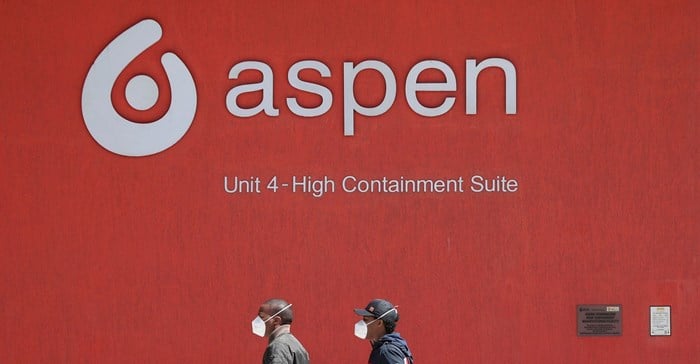
Related


Danish weight-loss drug Wegovy debuts in South Africa, challenging Eli Lilly
Nqobile Dludla and Siyanda Mthethwa 14 Aug 2025




Top stories






More news


Marketing & Media
Ads are coming to AI. Does that really have to be such a bad thing?














The South African pharmaceutical major, however, cautioned the impact of the agreements on revenue and profit would only come in late 2024, estimating only a moderate growth for most of next year, sending its shares down 8% in the day.
Africa's biggest drugmaker invested around R10bn ($540.69m) to manufacture sterile products - or medicines injected directly into the bloodstream - in South Africa and France, anticipating a major demand for Covid-19 vaccines.
But the demand never materialised, leaving it with idle capacity which hurt revenue and forced it to scout for new partnerships.
"We spend all this money on capacity... but you have no revenues," chief executive Stephen Saad said, adding the capacities were currently loss-making.
The agreements would entail packaging drugs of three multinational pharmaceutical companies which would contribute R2bn rand to its top line by 2025, Saad said.
This will be over and above its deal with India's Serum Institute announced last year for making vaccines in Africa, which would also start to contribute R2bn from next year, he said.
He did not name the companies, but said another partnership with a global major would be announced soon.
It also signed an agreement with the US pharmaceutical giant Eli Lilly to distribute its products in Africa for a period of 10 years.
Aspen posted a 4% drop in annual profit with its headline earnings per share - a profit measure - at R14.05 for the year-ending 30 June. It announced dividends of R3.42.

Reuters, the news and media division of Thomson Reuters, is the world's largest multimedia news provider, reaching billions of people worldwide every day.
Go to: https://www.reuters.com/